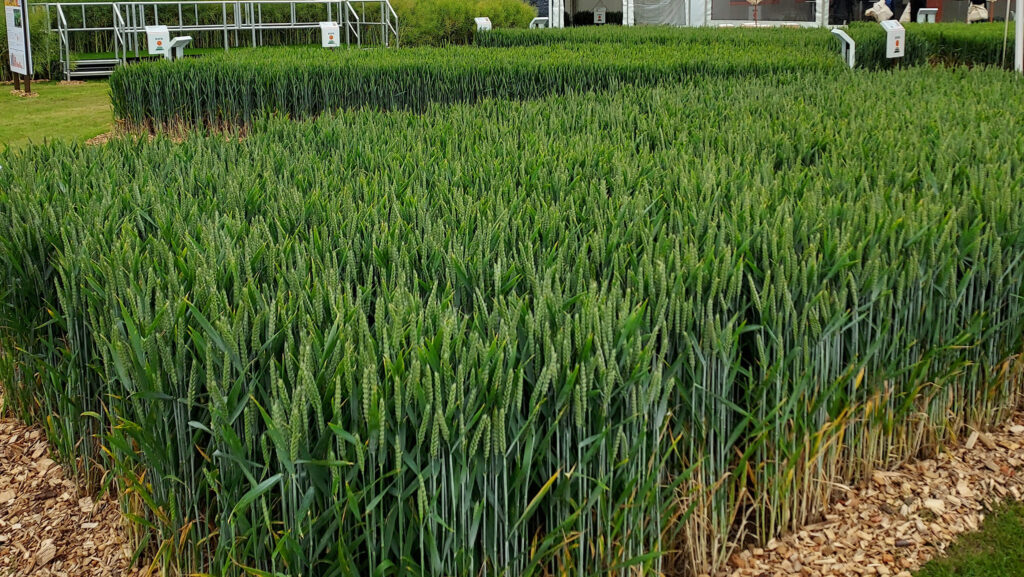UK crop conditions improve in May but supplies still tight
 © MAG/Charlie Reeve
© MAG/Charlie Reeve More favourable weather during the past month has helped cereals to recover slightly as harvest approaches, however overall crop conditions remain a concern.
Approximately 55% of winter wheat was rated as in good or excellent condition in early June, according to industry figures, an improvement of 10 percentage points on the previous month, but still well below 85%, where it was this time last year.
Spring wheat has also finally begun to emerge with 59% in either good or excellent condition, compared with 77% this time last year.
See also: Gross margins for wheat tighten while fertiliser prices fall
The report, produced by Andersons on behalf of AHDB, said winter crops had improved during the past month.
However, farming conditions have remained more problematic in the central and northern parts of England, than southern England, Wales, Scotland or Northern Ireland.
Wheat markets
UK feed wheat futures dropped back during the first week of June, however, they have since made a slight recovery and climbed on 11 June to close at £210.95/t for the November contract.
Talking at the Cereals event on 11 June, Chris Wood, senior trader at Cefetra, said the UK is going to end up with a very small wheat crop, somewhere around 10 to 10.5m tonnes of wheat, against a five-year average of around 13.5m tonnes.
Mr Wood said: “UK domestic demand is around 14.5m tonnes, so essentially, we don’t have enough wheat-based production.”
He said the UK is going to need to import both milling and feed wheat in order to match demand.
“The barley discount to wheat has also gone to a level where we would expect it to be used heavily in the ration and that is helping to sort out the deficit in the UK market,” Mr Wood added.
James Bolesworth, managing director of CRM AgriCommodities, said looking at a global perspective things are quite bullish.
“We are seeing the tightest stock to use ratios relative to demand, while major exporting countries are at the tightest levels since 2008 and they were tight last year as well.”
He added: “We have lost about 12m tonnes off the Russian crop in the space of a month due to the extremely dry conditions there and some late frosts in May.”
